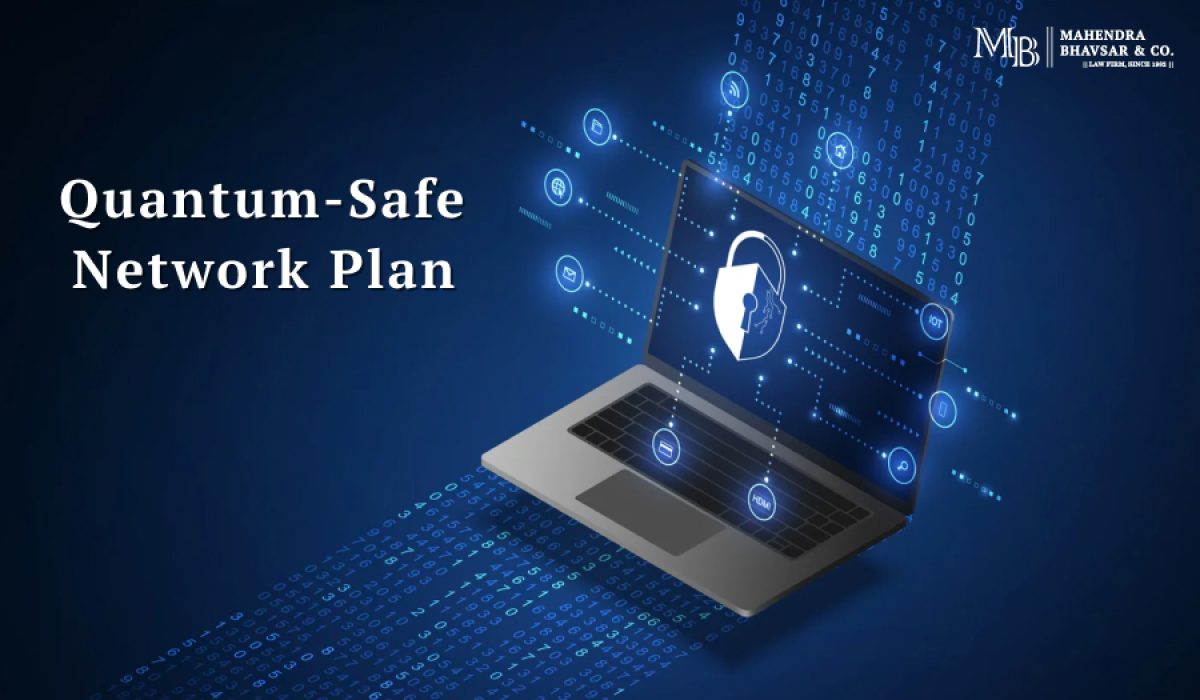India is taking proactive steps to strengthen its cybersecurity infrastructure by developing a quantum-safe communication framework. In response to emerging quantum computing threats, key government agencies—including the Ministry of Electronics and Information Technology (MeitY), the Department of Science and Technology (DST), and the Indian Computer Emergency Response Team (CERT-In)—are collaborating to build a robust and future-ready cybersecurity framework.
This initiative is aimed (aims to deploy) at deploying quantum-safe networks capable of resisting the advanced threats posed by quantum computers. Unlike conventional systems, quantum computers can process data at exponentially higher speeds (exponentially faster), making current encryption standards vulnerable. The developments of post-quantum cryptography will ensure that existing classical networks can withstand potential attacks.
As quantum technologies progress globally, particularly in neighbouring regions, India’s move is not just strategic but necessary. Officials have affirmed that quantum-safe networks are essential for protecting internal government communications and maintaining the integrity of financial transactions. The implementation of these standards will be crucial for national security, especially in the face of evolving cybersecurity threats.
Key developments include:
- Ongoing projects between MeitY, DST, and CERT-In to create encryption standards resilient to quantum computing attacks.
- Deployment of quantum communication networks designed to prevent information interception.
- Involvement of startups under the National Quantum Mission in collaboration with academic institutions to test and scale these systems.
In parallel, CERT-In is working on improving overall cyber hygiene and technical capabilities within various government bodies. The National Informatics Centre (NIC) has deployed dedicated teams to enhance security across ministries. CERT-In’s engineers continue to lead cyber breach response efforts and are working with private sector partners to expand cybersecurity analytics and infrastructure.
Private enterprises are also aligning their strategies with this national mission. For instance, cybersecurity firms are investing in research and development to bolster capabilities in quantum and AI-driven security.
Recent updates to CERT-In’s reporting rules, introduced in 2022, have significantly increased the volume and timeliness of cyber incident reporting—aligning with India’s regulatory goals to strengthen its cybersecurity posture. These measures, along with MeitY’s broader efforts, reflect a unified strategy under the National Quantum Mission to fortify India’s digital infrastructure.
The newly released Digital Threat Report 2024 highlights that rapid incident response and system recovery are now critical to maintaining the stability of India’s large-scale financial ecosystem. As cyber threats grow in sophistication, India’s investment in quantum-safe cybersecurity reflects its commitment to protecting digital assets and national security.
Stay informed with insights that matter. Follow us for more updates on key legal developments.
